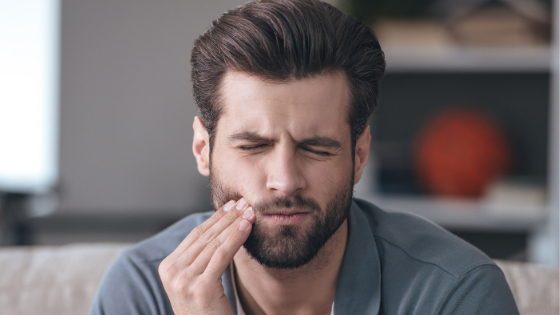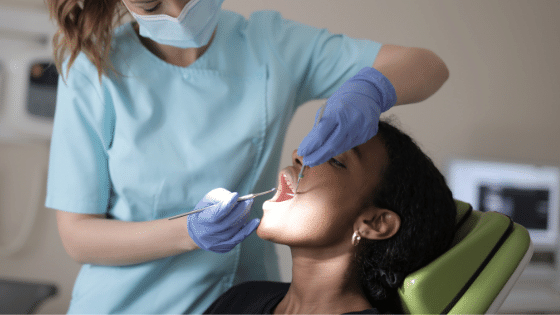Everything You Need to Know About Tooth-Colored Fillings
You’re probably hoping that when you go to see your Dentist in St. Petersburg that he won’t find a cavity. In fact, practically everyone has had a cavity or two at some point in their lives. Patients who have recently had a cavity were most often treated with a tooth-colored filling. Today on the blog, we discuss everything you need to know about tooth-colored fillings.
What Are Tooth Colored Fillings?
Dr. Brian Leeson, the best dentist in St. Petersburg FL, explains that tooth-colored fillings are the current modern version of the old, silver fillings. They are formed out of a composite resin mix that fills and seals off a cavity after the damaged region has been removed. Tooth-colored fillings, as opposed to standard fillings, mix beautifully with your natural teeth to keep them appearing faultless. Given that tooth-colored fillings are one of the most popular procedures performed at 4th Street Family Dentistry, we thought we’d go over some of the most common questions people have about them.
How Much Do Tooth Colored Fillings Cost?
Many factors influence an individual’s cost for a composite resin filling no matter where you live. Our friends over at New Providence Dentistry, dentist in New Providence NJ, explains that the diameter of the cavity and if anesthesia is required are the two key components. We agree. Cavity treatment is a non-invasive procedure that may usually be completed in a single visit with only a local anesthetic. However, sedation, such as nitrous oxide (“laughing” gas) or oral-conscious medicine, is often recommended if you have dental phobias or a strong gag reflex. If you have dental insurance, your dentist in St. Pete should verify your coverage before billing you for the remaining amount. Many dental practices provide flexible payment alternatives or accept low-interest medical financing for customers who do not have dental insurance. For most patients, it is less expensive to repair a cavity with a composite resin filling than to ignore it until it worsens.
Why Get a Filling
In the long term, ignoring your dentist’s detection of a cavity and recommendation to get a tooth-colored filling might lead to additional suffering and more expensive treatments. When a cavity becomes too large for a filling, it can be corrected using an inlay. These treatments are larger than composite resin fillings but not as strong as crowns. They are precisely designed to cover the decaying portion of the tooth immediately after it has been prepared. If the decay has progressed to the pulp of the tooth, a root canal may be required.
When Root Canals Are Required
Root canal therapy takes the weakened pulp deep within the tooth, and the tooth is often sealed up with a customized crown. If you do not seek professional help, the infection may spread to the rest of your mouth and, eventually, enter your bloodstream, affecting your entire health. To summarize, the longer you wait to correct a cavity, the slower, more intrusive, expensive, and unpleasant the treatment will be.
Contact 4th St Family Dentistry Today
No one will notice that you have tooth-colored fillings because they blend in with the rest of your smile. Tooth-colored fillings are also a low-cost restorative alternative. Contact our St. Petersburg, FL dental office for more information on tooth-colored fillings.








